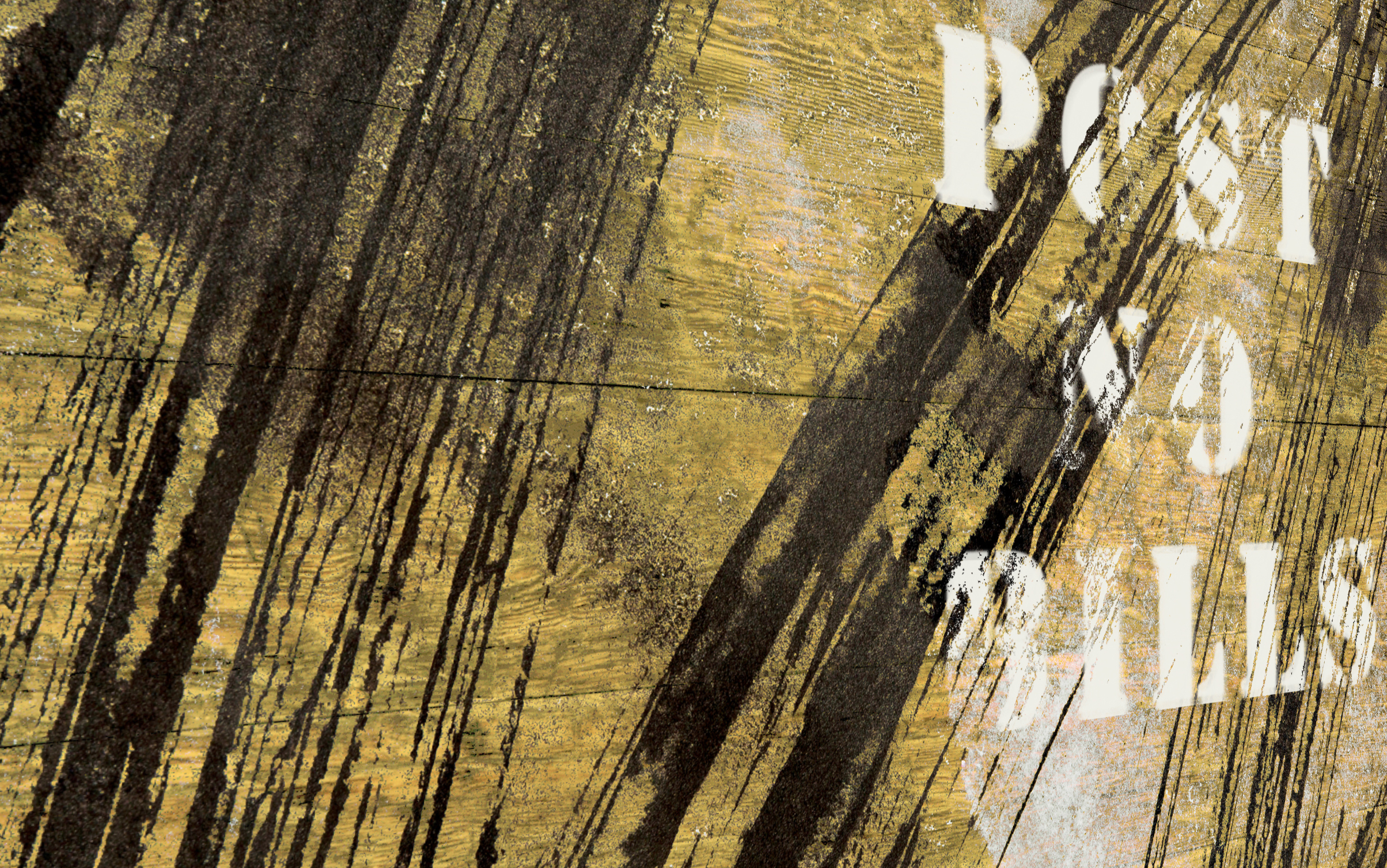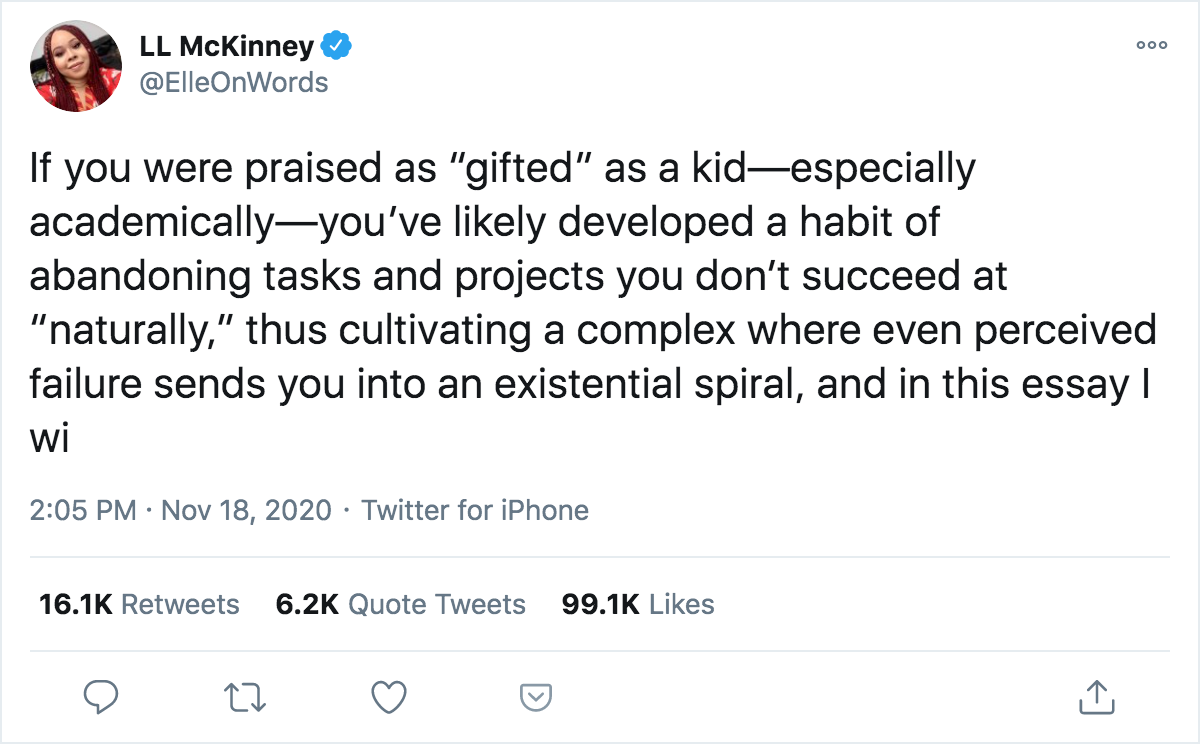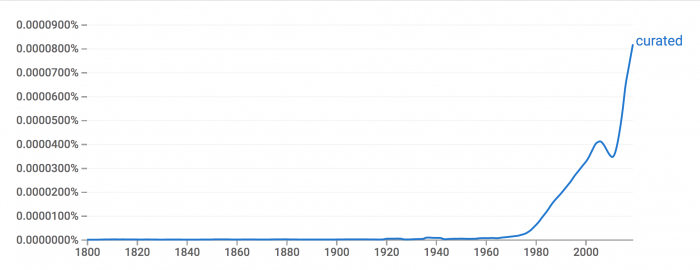If you experience fits of schadenfreude whenever pretentious artsy-fartsy types get their comeuppance—and who doesn’t, really?—you’re gonna love this account of one of the biggest Broadway flops of all time. Most quotable line: “[I]f you’re staging a Spider-Man musical, it’s probably not ideal to have a director who isn’t keen on Spider-Man comics and two composers who aren’t keen on musicals.”
And speaking of terrible, horrible, no good, very bad ideas, anyone remember Cop Rock? This, folks, was actually broadcast on network television:
As I was explaining to the missus just last night, the show was promoted so breathlessly—yet was so obviously destined to be a steaming pile—that I resolved to hate-watch the entire season. I barely made it through the first episode. I mean, it’s bad. And not in the so-bad-it’s-good kind of way, either.
Should we derive pleasure from such things? Given the year we’re all having, yes. Yes, we should.




